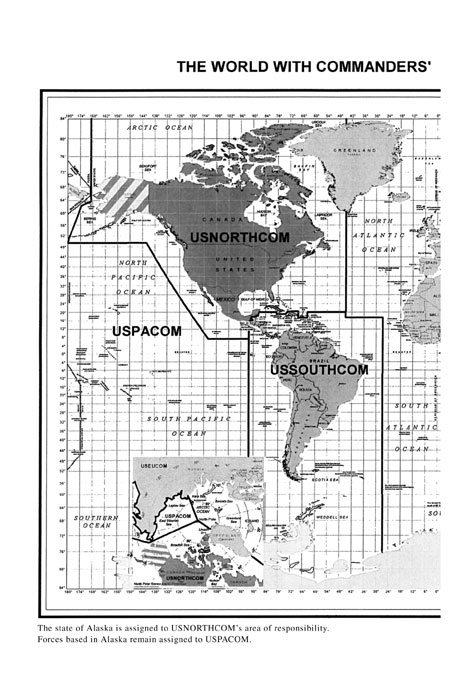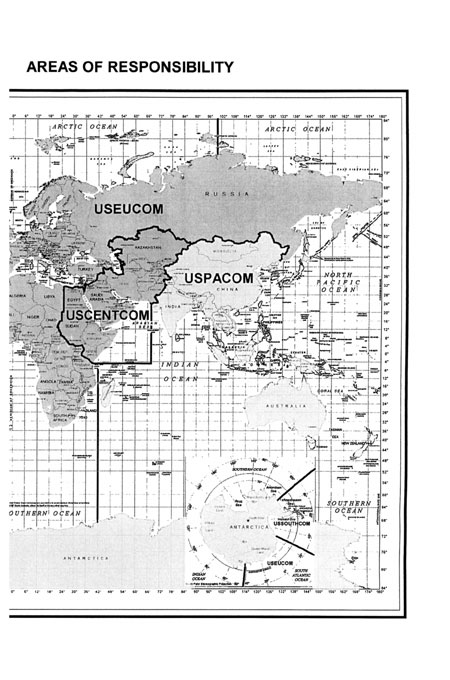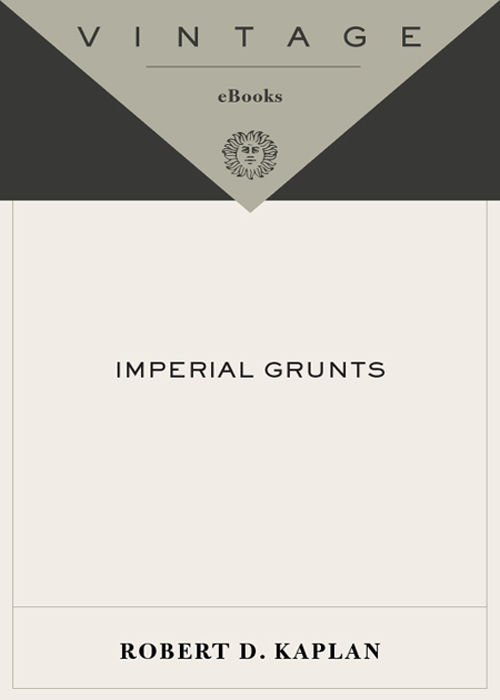
IMPERIAL GRUNTS
THE AMERICAN MILITARY ON THE GROUND
ROBERT D. KAPLAN
 RANDOM HOUSE NEW YORK
RANDOM HOUSE NEW YORK
CONTENTS
INJUN COUNTRY
CENTCOM
YEMEN, WINTER 2002
WITH NOTES ON COLOMBIA
Yemen was vast. And it was only one small country.... How to manage such an imperium?
SOUTHCOM
COLOMBIA, WINTER 2003
WITH NOTES ON EL SALVADOR
The future of military conflict was better gauged in Colombia than in Iraq.... In Colombia I was introduced to the tactics that the U.S. would employ to manage an unruly world.
PACOM
MONGOLIA, SPRING 2003
WITH NOTES ON MACEDONIA, BOSNIA, AND TAJIKISTAN
Mongolia was a trip wire for judging future Chinese intentions.... Col. Wilhelm was determined to make the descendants of Genghis Khan the peacekeeping Gurkhas of the American Empire.
PACOM
THE PHILIPPINES, SUMMER 2003
WITH NOTES ON THE PHILIPPINES, 18981913
Terrorists used these poor, shantyish, unpoliceable islands as hideouts.... Combating Islamic terrorism here carried a secondary benefit: it positioned the U.S. for the containment of China.
CENTCOM AND SOCOM
AFGHANISTAN, AUTUMN 2003
WITH NOTES ON PAKISTANS NORTHWEST FRONTIER
Because al-Qaeda was a worldwide insurgency, America had to fight a classic worldwide counterinsurgency... here, amid the field mice and the mud-walled flatness of the Helmand desert, there was only constant trial-and-error experimentation in light of the mission at hand.
FROM THE ARMY TO THE MARINES
FORT BRAGG AND CAMP LEJEUNE, NORTH CAROLINA
WINTER 20032004
I had entered a world stripped to its bare essentials, the inhabitants of which had taken a veritable monastic vow of poverty.
CENTCOM
HORN OF AFRICA, WINTER 2004
WITH NOTES ON EAST AFRICA
Who needs meetings in Washington.... Guys in the field will figure out what to do. I took ten guys through eastern Ethiopia. Everywhere people wanted an American presence. A new paradigm was emerging for the military, one that borrowed more from the French and Indian War and the Lewis and Clark expedition than from the major conflicts of the twentieth century.
CENTCOM
IRAQ, SPRING 2004
WITH NOTES ON NICARAGUA AND VIETNAM
I looked around in broad daylight to see the roofscape of Al-Fallujah covered with thousands upon thousands of old mufflers and tailpipes, guarded by U.S. Marines, standing atop the city with fixed bayonets.... Yet the American Empire depended upon a tissue of intangibles that was threatened, rather than invigorated, by the naked exercise of power.
THE INTERIOR CONTINENT
To the memory of Marine 1st Lt. Joshua Palmer of Banning, California, born November 28, 1978, killed in action April 8, 2004
And to all the other U.S. Marines killed or wounded during the fighting
in Fallujah, Iraq, in April 2004
Major Victor Joppolo, U.S.A., was a good man.... We have need of him. He is our future in the world. Neither the eloquence of Churchill nor the humaneness of Roosevelt, no Charter, no four freedoms or fourteen points, no dreamers diagram so symmetrical and so faultless on paper, no plan, no hope, no treatynone of these things can guarantee anything. Only men can guarantee, only the behavior of men under pressure, only our Joppolos.
John Hersey, A Bell for Adano, 1944
Imperialism moved forward, not as a result of commercial or political pressure from London, Paris, Berlin, St. Petersburg, or even Washington, but mainly because men on the periphery, many of whom were soldiers, pressed to enlarge the boundaries of empire, often without orders, even against orders.
Douglas Porch, professor at the Naval War College,
Newport, Rhode Island, 1996
In a campaign against Indians, the front is all around, and the rear is nowhere.
Erasmus D. Keyes, Fifty Years Observation
of Men and Events, 1884
PROLOGUE
INJUN COUNTRY
He was a lieutenant colonel in the First Marine Expeditionary Force (I MEF as it is written, and One MEF as it is spoken) stationed at Camp Pendleton, California. I met him before he left for the Persian Gulf in the autumn of 2002. He had just been injected with anthrax vaccine, and had been taking malaria pills for many months of his life, during missions to Africa to train local armies. He told me that in the markets of the CongoBrazzaville condoms were used as sacks for pencils, fruits, everything except what theyre supposed to be used for; that tribal patronage, not merit, often decided promotion in the Kenyan army; that North Korean diplomats in Africa received little financial support from their government, and in order to be self-sufficient dealt in drugs and prostitution. His skin was the color of clay under his high-and-tight crew cut, with taut cheeks and a get-it-done expression: an ancient sculpture in digital camouflage, except for the point of light in his eyes. The Romans, by their rites of purification, accepted and justified the world as it was, with all its cruelty. The Americans, heir to the Christian tradition, seek what is not yet manifest: the higher ideal. Thus, he was without cynicism. Rather, his honesty made self-delusion impossible.
The century is only two years old, he told me, and look at whats happened. That al-Qaeda incident on September 11 was somewhat significant. But we may have nuclear attacks and disease outbreaks that will take many more lives, and which will get us deeply involved on the ground in countries still obscure to us, the way September 11 got us involved in Afghanistan and Pakistan. It is those involvements-to-come that will shape the course of the new century.
Indeed, by the turn of the twenty-first century the United States military had already appropriated the entire earth, and was ready to flood the most obscure areas of it with troops at a moments notice.
The Pentagon divided the planet into five area commandssimilar to the way that the Indian Country of the American West had been divided in the mid-nineteenth century by the U.S. Army. Instead of the military departments of Texas, New Mexico, Utah, California, Oregon, and the West, now there was Northern Command, or NORTHCOM; Southern Command, or SOUTHCOM; European Command, or EUCOM; Central Command, or CENTCOM; and Pacific Command, or PACOM.1*1 For example, at the corner of 5 degrees latitude and 68 degrees longitude, in the middle of the Indian Ocean, CENTCOM gave way to PACOM, just as EUCOM gave way to CENTCOM at the Turkish-Iranian border.
This map bore uncanny resemblance to one drawn in 1931 for the German military by Professor Karl Haushofer, a leading father of Geopolitik. The United States, having vanquished Germanys budding world empire in World War II, now had operational requirements for maintaining its own.
But according to the soldiers and marines I met on the ground in the far-flung corners of the earth, the comparison with the nineteenth century was more apt. Welcome to Injun Country was the refrain I heard from troops from Colombia to the Philippines, including Afghanistan and Iraq. To be sure, the problem for the American military was less fundamentalism than anarchy. The War on Terrorism was really about taming the frontier. But the fascination with Indian Country was never meant as a slight against Native North Americans. Rather, the reverse. The fact that radio call signs often employed Indian names was but one indication of the troops reverence for them.
Next page


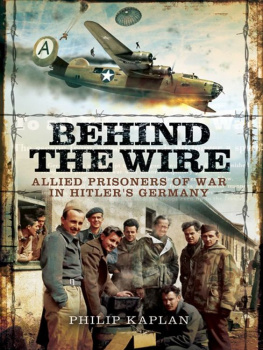
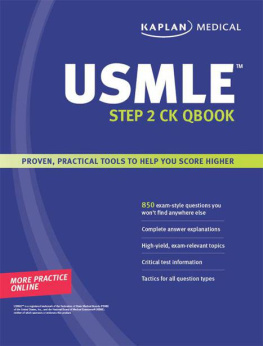
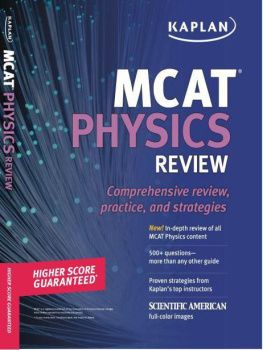
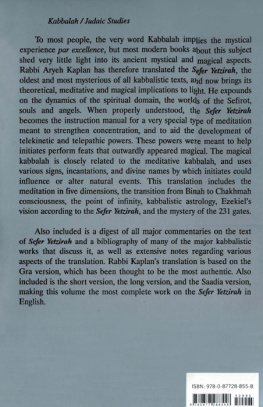
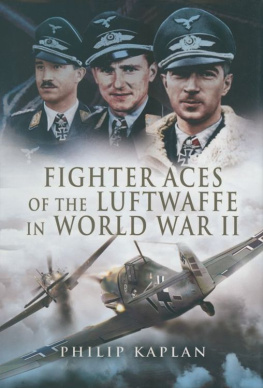
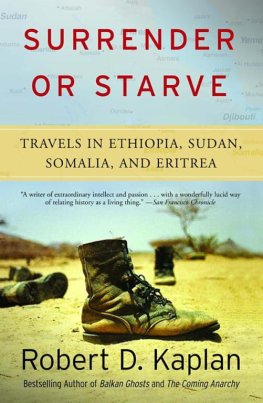

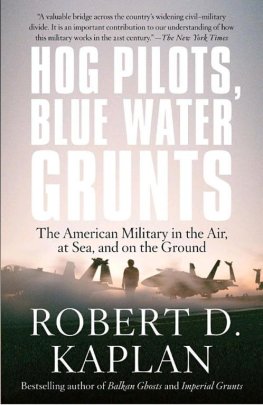
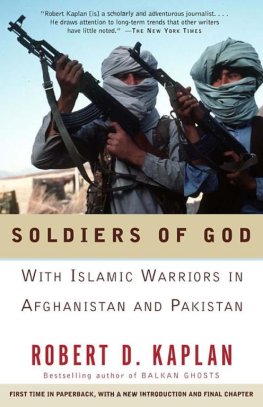
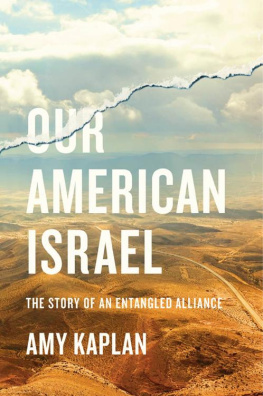
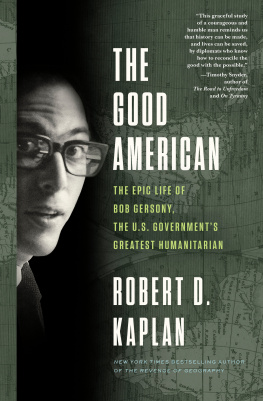

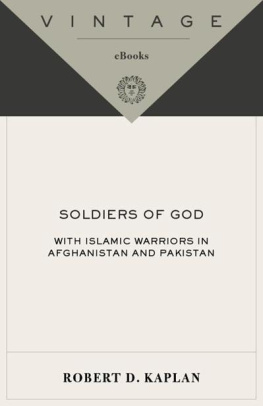

 RANDOM HOUSE NEW YORK
RANDOM HOUSE NEW YORK